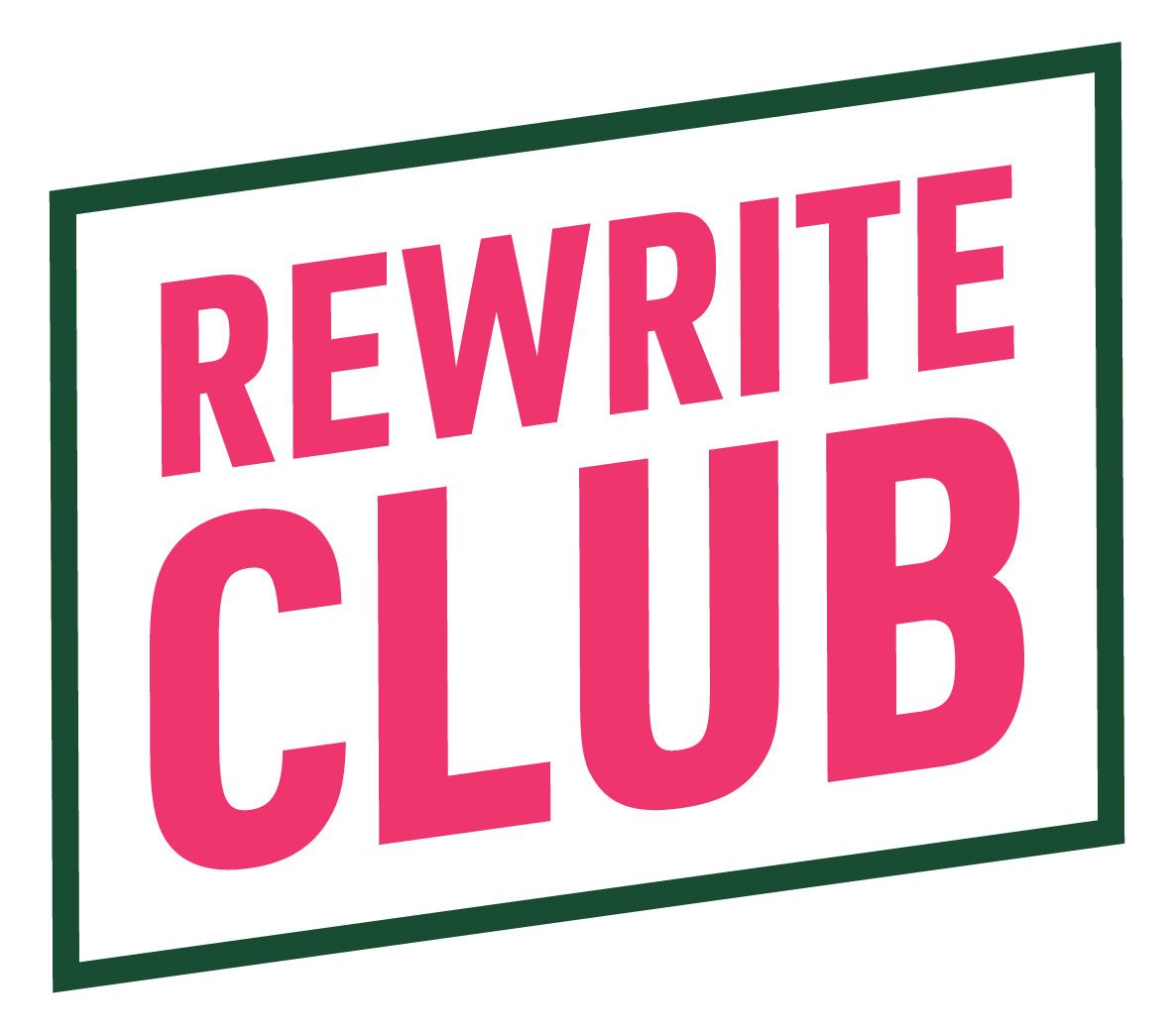Master Your Dissertation: 15 Essential Verbs in Academic Writing
15 Essential Verbs That Will Make Your Dissertation Stronger

Think your dissertation is all about the data?
Think again.
Your choice of verbs will significantly influence how readers perceive your arguments. Your chosen verbs can make or break whether your arguments land.
Selecting the appropriate verbs is crucial not only for clarity but also for effective communication of your research findings. In this blog post, we'll dive into 15 essential verbs that will enhance your dissertation writing, making your work stand out. Whether you're analyzing data, proposing hypotheses, or writing conclusions, using the right verbs will empower your academic voice and strengthen your arguments. Let's explore these powerful verbs and learn how to incorporate them into your thesis effectively!
Understanding the Importance of Verbs in Academic Writing
In academic writing, verbs serve as the backbone of your statements. They dictate the action and provide context for what you're trying to convey. By strategically choosing dynamic and precise verbs, you can not only engage your readers but also enhance the clarity and persuasiveness of your arguments. Below, we discuss 15 essential verbs commonly utilized in dissertation writing, illustrating their meanings and providing examples of how they can be effectively employed.
1. Analyze
Meaning:
Break something down to explain or interpret it.
Example:
This study analyzes the correlation between social media usage and academic performance among university students.
Why It Matters:
Using 'Analyze' signals critical thinking. You're not just describing; you're digging deep.
2. Evaluate
Meaning:
Judge or determine the significance, worth, or quality of something.
Example:
This section evaluates the effectiveness of various teaching methods in enhancing student engagement.
Why It Matters:
This word shows you're not afraid to weigh in and draw conclusions.
3. Synthesize
Meaning:
Combine different ideas into one cohesive, powerful insight.
Example:
The final chapter synthesizes the findings from previous studies and current data to present a holistic view.
Why It Matters:
Using 'Synthesize' suggests that you're integrating various elements to create a new understanding. This proves you can connect the dots, not just summarize.
4. Correlate
Meaning:
Establish or demonstrate a relationship between two or more subjects.
Example:
This research correlates sleep patterns with cognitive functioning in adolescents.
Why It Matters:
This verb indicates a relationship and adds complexity to your findings by mapping relationships, not just listing facts.
5. Illustrate
Meaning:
Clarify or explain something by providing examples or evidence.
Example:
The subsequent sections illustrate the impact of climate change on biodiversity through case studies.
Why It Matters:
Using 'Illustrate' helps make abstract concepts more tangible, keeps your readers from getting lost in theory, and brings the abstract down to earth.
6. Propose
Meaning:
Put forward a plan or suggestion for consideration.
Example:
The study proposes a new framework for understanding economic disparities in rural areas.
Why It Matters:
This word indicates your initiative in suggesting new ideas or approaches.
7. Assert
Meaning:
State a fact or belief confidently and forcefully.
Example:
This dissertation asserts that early intervention can drastically improve educational outcomes for children from disadvantaged backgrounds.
Why It Matters:
Using ‘Assert’ indicates a strong, confident stance on your findings.
8. Conclude
Meaning:
Bring something to an end or form an opinion based on reasoning.
Example:
The findings conclude that integrating technology in classrooms leads to improved student performance.
Why It Matters:
This verb signals the closure of your arguments.
9. Highlight
Meaning:
Emphasize or make something stand out.
Example:
The results highlight the significant disparities in healthcare access among different demographics.
Why It Matters:
Choosing ‘Highlight’ suggests that you are drawing attention to the essential findings in your research.
10. Facilitate
Meaning:
Make an action or process easier.
Example:
The research facilitates a better understanding of the psychological barriers to adopting health behaviors.
Why It Matters:
This verb hints at enabling or simplifying complex ideas, framing your work as a bridge, not just a pile of findings.
11. Discuss
Meaning:
Explore or examine something in depth.
Example:
In this section, I discuss the implications of these results on current educational policies.
Why It Matters:
Using 'Discuss' encourages a comprehensive examination of ideas and fosters dialogue, inviting your readers into your thinking with nuance and control.
12. Clarify
Meaning:
Make something less confusing and easier to understand.
Example:
This chapter clarifies the terminology used in previous studies that may hinder understanding.
Why It Matters:
Employing ‘Clarify’ indicates your goal to make information accessible, positioning you as a guide, not just another voice in the noise.
13. Investigate
Meaning:
Dive deep into studying something carefully.
Example:
The study investigates the factors influencing student retention in undergraduate programs.
Why It Matters:
Using this verb suggests a deep inquiry into your research subject.
14. Challenge
Meaning:
Question or dispute something; push back against existing ideas.
Example:
This dissertation challenges the existing theories on motivation by presenting new evidence.
Why It Matters:
This choice of verb shows critical engagement with past work and shows guts (real academic work demands it).
15. Validate
Meaning:
Confirm or support something, often based on evidence or reasoning.
Example:
Our findings validate the hypothesis that increased exercise leads to improved mental health.
Why It Matters:
Using 'Validate' strengthens your arguments by tying them back to established principles or studies.
Conclusion: Empowering Your Academic Voice with Verbs
Incorporating these 15 essential verbs into your dissertation can significantly enhance the clarity and depth of your writing. Remember, strong verbs convey precise meaning and engage your readers effectively. By carefully considering your verbs, you can articulate your findings more powerfully and present your ideas with authority.
In your writing journey, remember that every word matters. Empower yourself with these powerful verbs and watch your analysis take flight!
To recap:
The proper selection of verbs is pivotal in communicating your research effectively. By implementing these verbs in your dissertation, you not only refine your academic voice but also enhance the impact of your arguments. Start drafting today—your dissertation will thrive with the right words!
For more resources and tips on academic writing, click here. Let’s take your academic writing to the next level!

